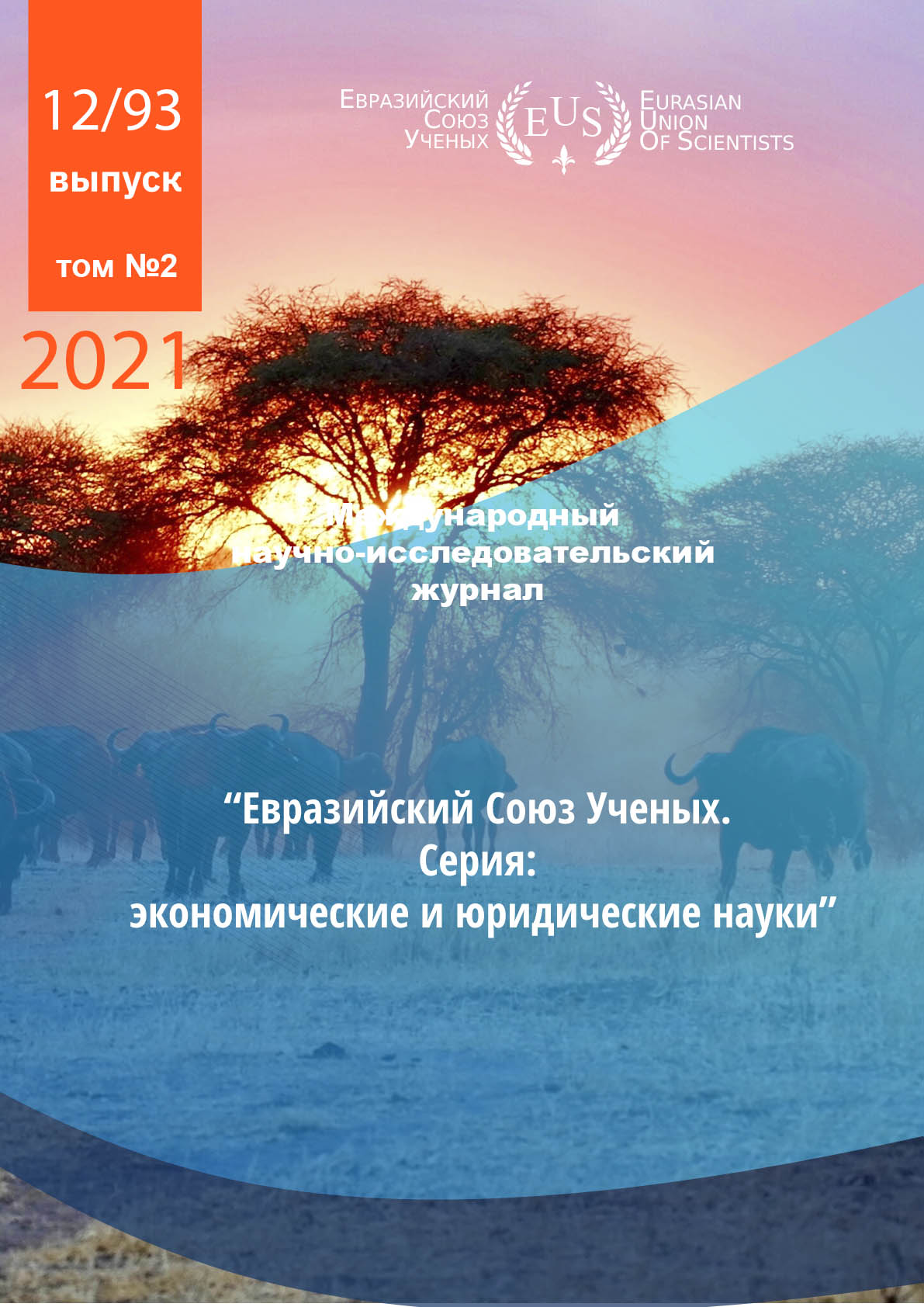CONSTITUTIONAL REFORMS IN RUSSIA IN THE 20-21 CENTURIES: MAIN STAGES
Abstract
The paper considers the major constitutional reforms that took place in Russia in the 19-21 centuries. The first Constitution of the RSFSR was adopted in 1918 by the 5th All-Russian Congress of Soviets on July 10, 1918. The Constitution commemorated the transition from capitalism to socialism and enshrined the dictatorship of the proletariat. In 1936, the Constitution of the USSR was adopted, followed by the Constitution of the RSFSR in 1937. In 1977, the Constitution of the USSR was adopted, in 1978 – the Constitution of the RSFSR. The Constitution of the Russian Federation adopted in 1993 reflected the new concept of human rights based on the international legal documents.
References
2. Nikiforova E.N., Otto I.P. Pravovedenie: kratkij kurs lekcij. – Sankt-Peterburg: RGGMU, 2020.
3. Konstitucija (Osnovnoj zakon) Rossijskoj Socialisticheskoj Federativnoj Sovetskoj Respubliki (prinjata V Vserossijskim S#ezdom Sovetov v zasedanii ot 10 ijulja 1918 g.) (Jelektronnyj periodicheskij spravochnik) // Sistema Garant «Garant-Klassik» (mobil'nyj).
4. Konstitucija (Osnovnoj zakon) Sojuza Sovetskih Socialisticheskih Respublik (utverzhdena postanovleniem Chrezvychajnogo VIII S#ezda Sovetov Sojuza Sovetskih Socialisticheskih Respublik ot 5 dekabrja 1936 g.) (Jelektronnyj periodicheskij spravochnik) // Sistema Garant «Garant-Klassik» (mobil'nyj).
5. Konstitucija (Osnovnoj zakon) Sojuza Sovetskih Socialisticheskih Respublik (prinjata na vneocherednoj sed'moj sessii Verhovnogo Soveta SSSR devjatogo sozyva 7 oktjabrja 1977 g.) (Jelektronnyj periodicheskij spravochnik) // Sistema Garant «Garant-Klassik» (mobil'nyj).
6. Konstitucija Rossijskoj Federacii (prinjata vsenarodnym golosovaniem 12 dekabrja 1993 g.) (s popravkami i izmenenijami, odobrennymi v hode obshherossijskogo golosovanija 1 ijulja 2020 goda) (Jelektronnyj periodicheskij spravochnik) // Sistema Garant «Garant-Klassik» (mobil'nyj).
7. Prezident Rossijskoj Federacii: Oficial'nyj sajt. [Jelektronnyj resurs]. URL: http://state.kremlin.ru (3 ijulja 2020).
CC BY-ND
A work licensed in this way allows the following:
1. The freedom to use and perform the work: The licensee must be allowed to make any use, private or public, of the work.
2. The freedom to study the work and apply the information: The licensee must be allowed to examine the work and to use the knowledge gained from the work in any way. The license may not, for example, restrict "reverse engineering."
2. The freedom to redistribute copies: Copies may be sold, swapped or given away for free, in the same form as the original.







